I’m sure you have a flash disk at home that you are not too sure what to do with. Don’t throw it away just yet. Here are 5 things you can do with it. Also, this article will have random images of flash disks we think look cool.
Use a USB Flash Disk to Lock/Unlock Your PC
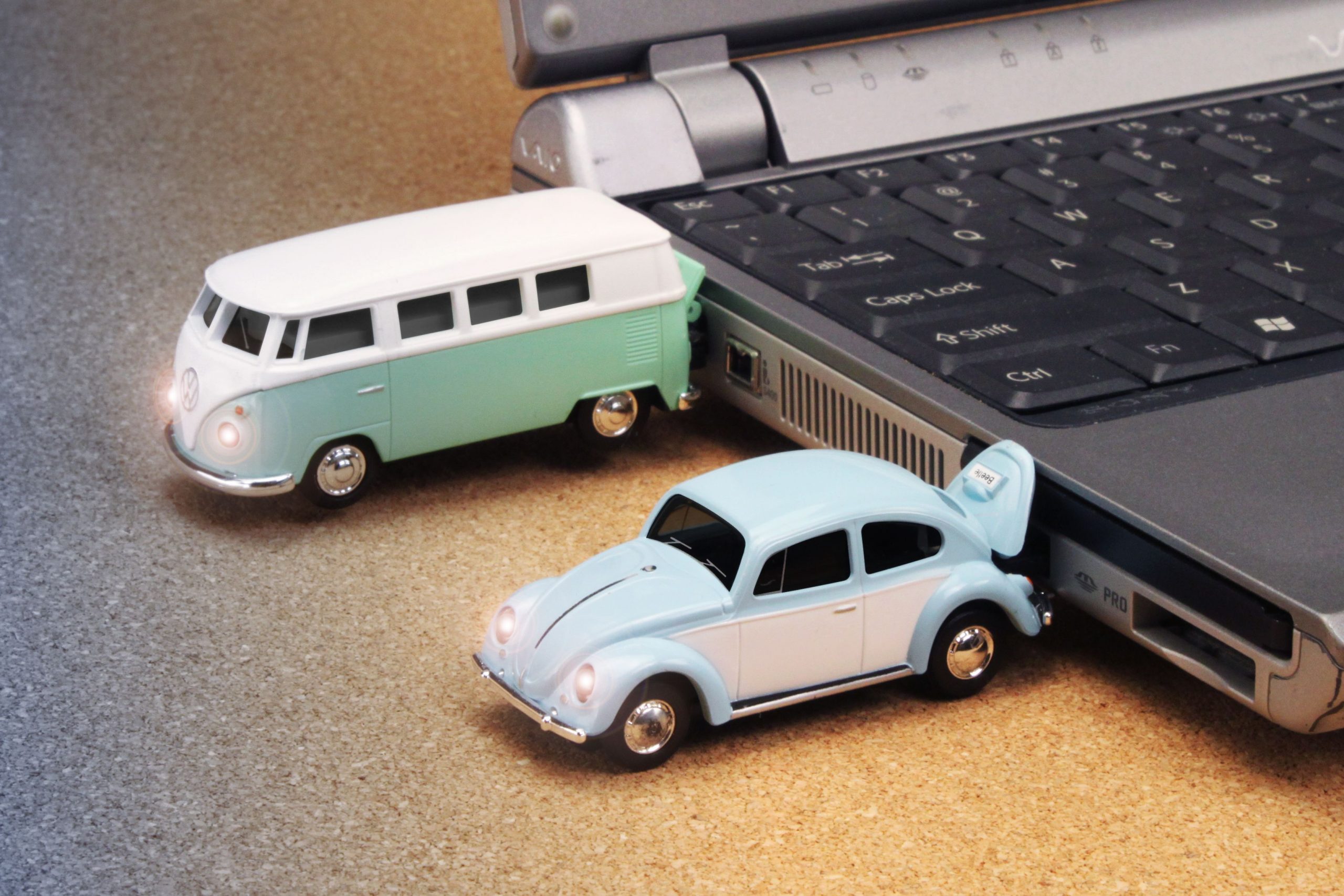

Image Courtesy Pinterest
With the predator tool, you can lock and unlock your computer with a physical key. Just like they do in the movies. PREDATOR turns a USB flash drive into an access control device—a key for your computer. When you leave your PC, unplug the USB stick and your computer will be locked.
When you return, plug it back in and your computer will be unlocked. It’s like using the Lock function in Windows, but you don’t have to type your password when you return.
Run Portable Apps Anywhere
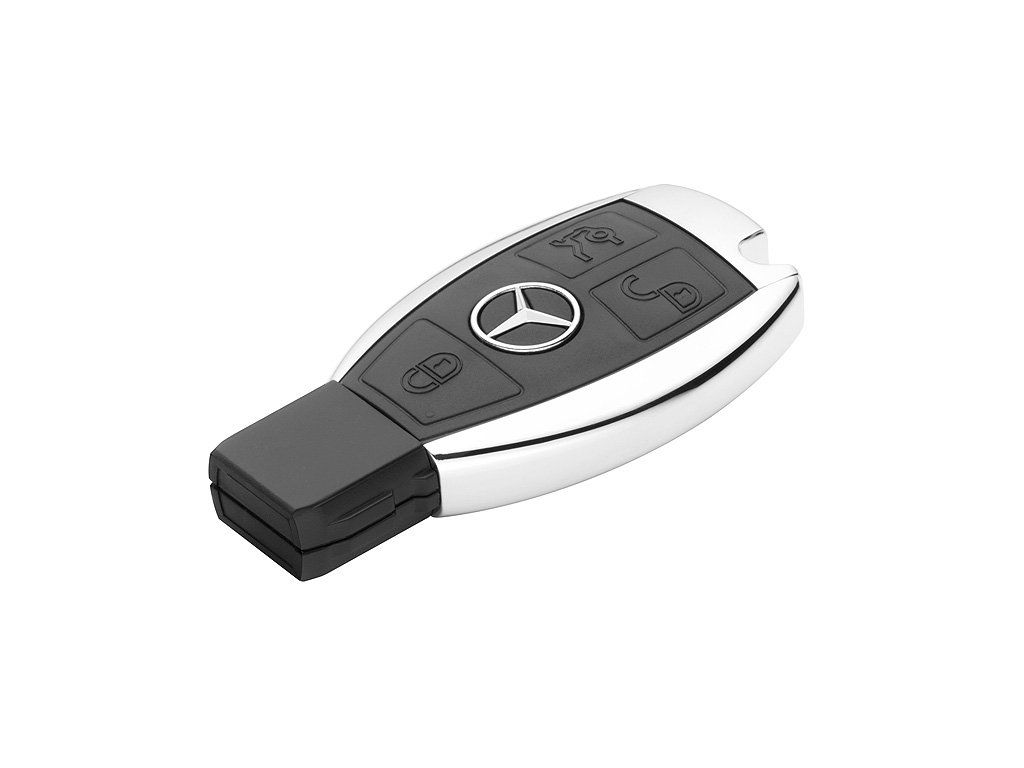

Image Courtesy Pinterest
Portable Apps and games can be easily copied to a USB stick, then run from any suitable device. This is usually a 32-bit or 64-bit PC. Browsers, email tools, messaging apps, and games can all be run from a USB flash drive.
It’s a particularly useful solution if you’re keen to keep a selection of apps close to hand to use on any PC that might be nearby. This might be in a library, or even a cyber café at a holiday resort.
Portable Apps, a site that collects apps that can run on USB drives, offers up Google Chrome Portable, a version of Chrome that lives on a flash drive.
Store Vital Travel Documents
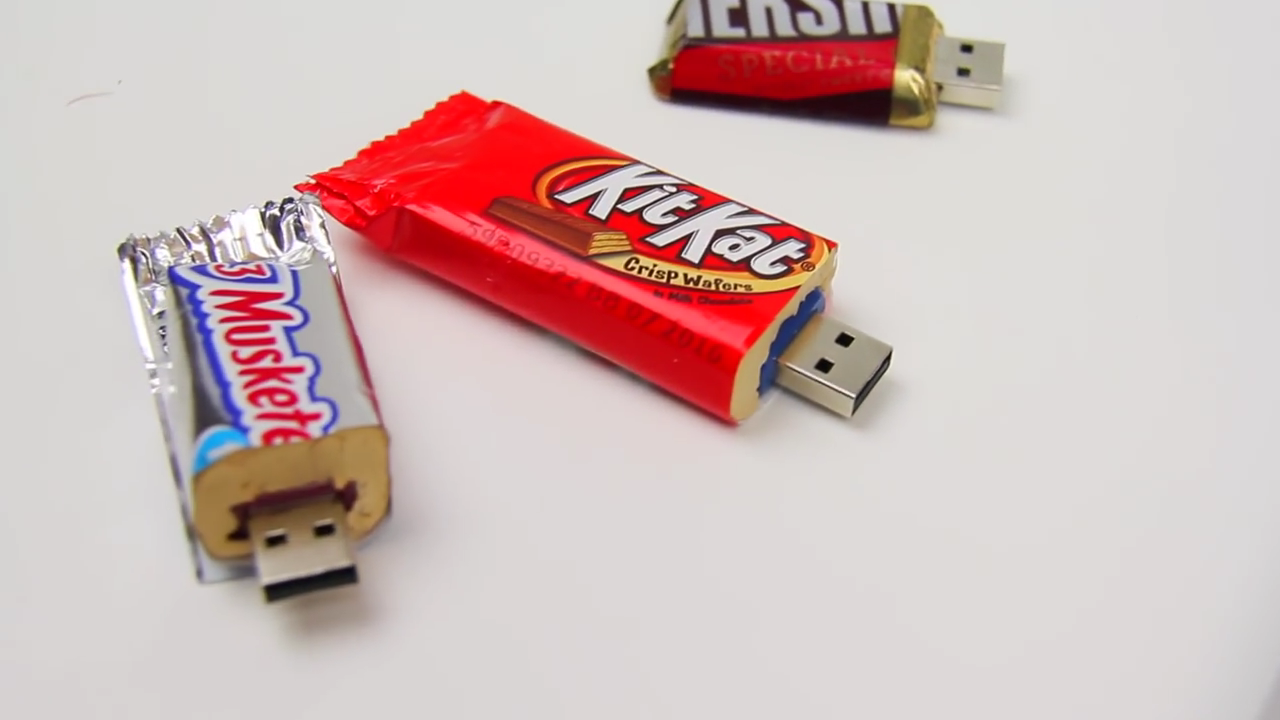

Image Courtesy Pinterest
Visas, booking confirmations, even passports can easily go missing. Packing papers in the wrong bag can lead to problems if baggage handlers make a mistake.
One solution is to save all travel documents to a compact USB flash drive and carry it with you. This might even include scanning your passport if only to provide immigration with the information they need to conduct background checks.
Install Almost Any Operating System
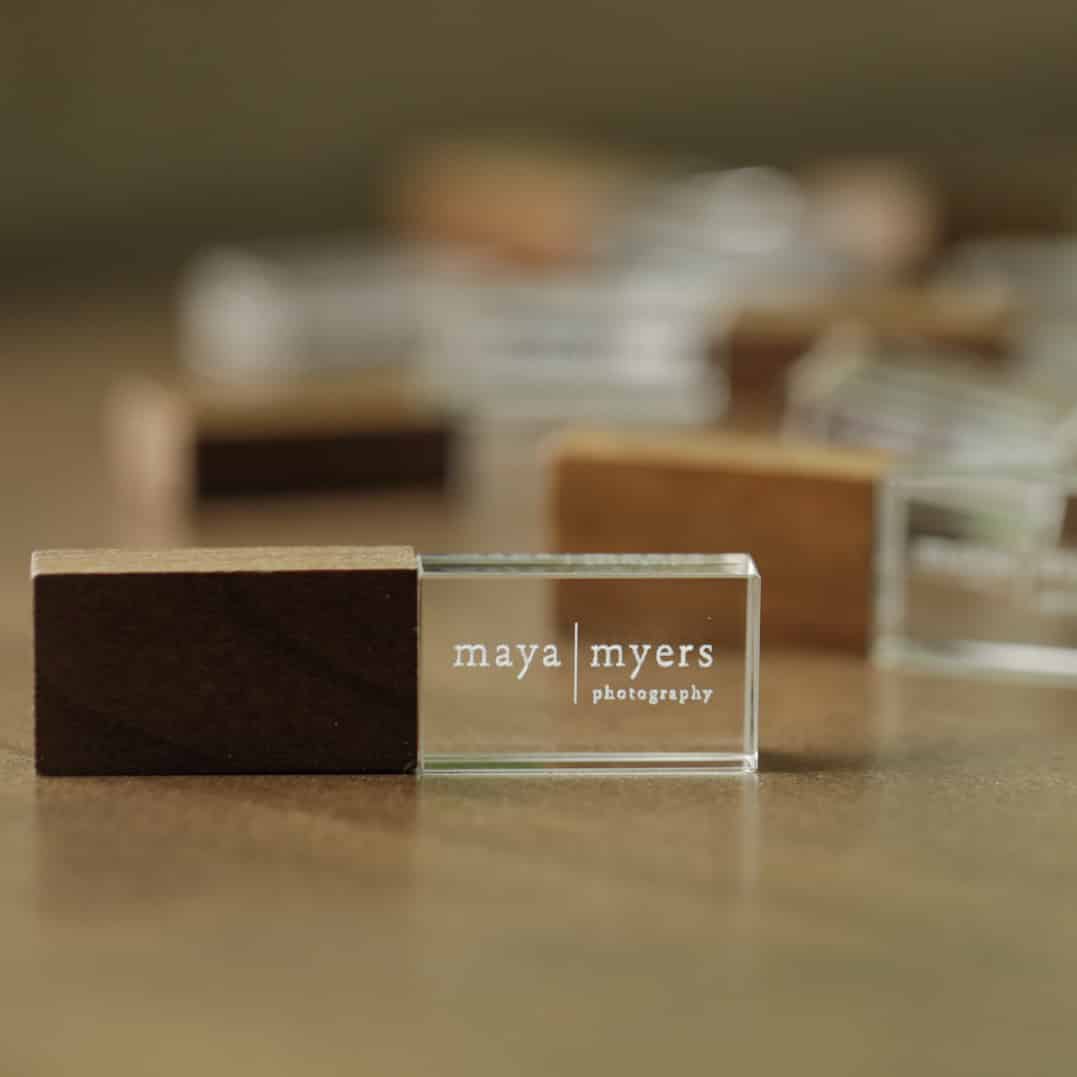

Image Courtesy Pinterest
For example, Windows 10 users can create a bootable USB installer disk using a dedicated tool. In the event of a problem with the operating system, this can be used to recover or even reinstall Windows. Similarly, all manner of Linux based operating systems can be installed from USB.
Create a Windows Recovery Flash Disk
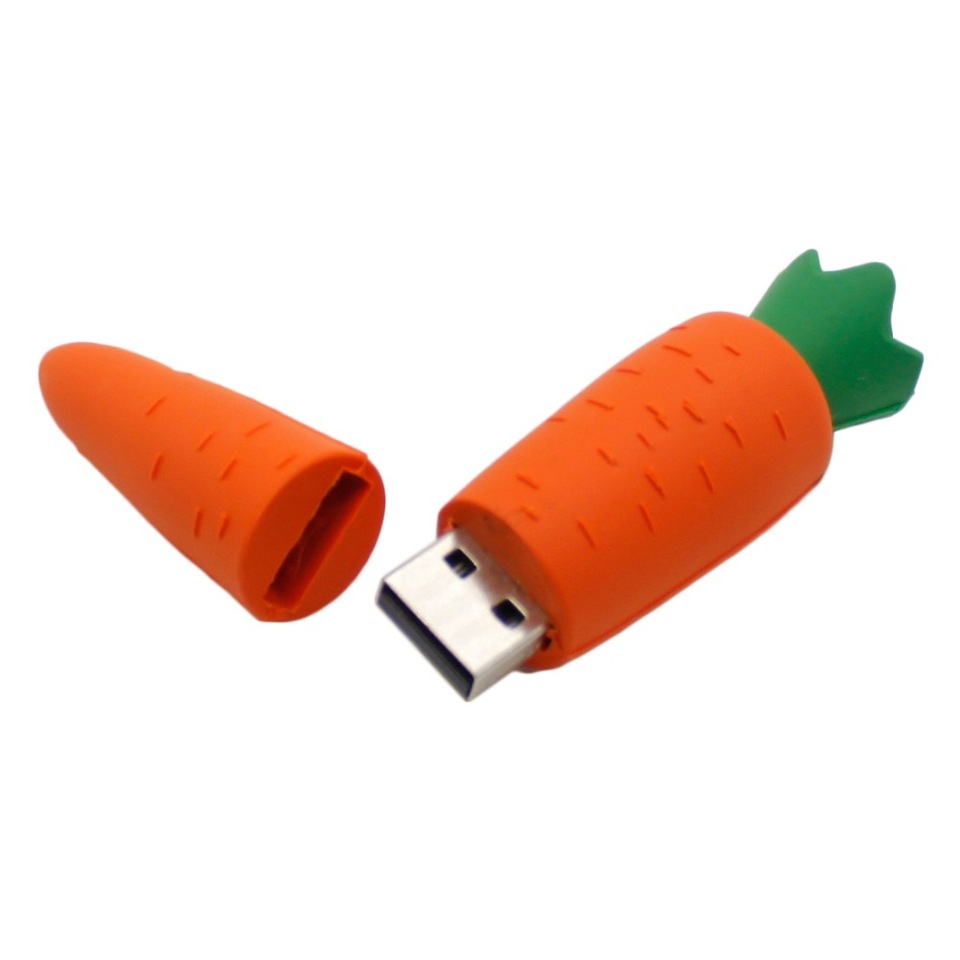

Image Courtesy Pinterest
Always be prepared by turning a spare USB stick into a recovery drive. This lets you run troubleshooting tools if your Windows machine is having problems, even if it won’t start up properly.
You can follow Microsoft’s directions to create the drive. You may need at least a 16 GB USB drive if you choose the option to back up your system files, but this will let you reinstall Windows if necessary.

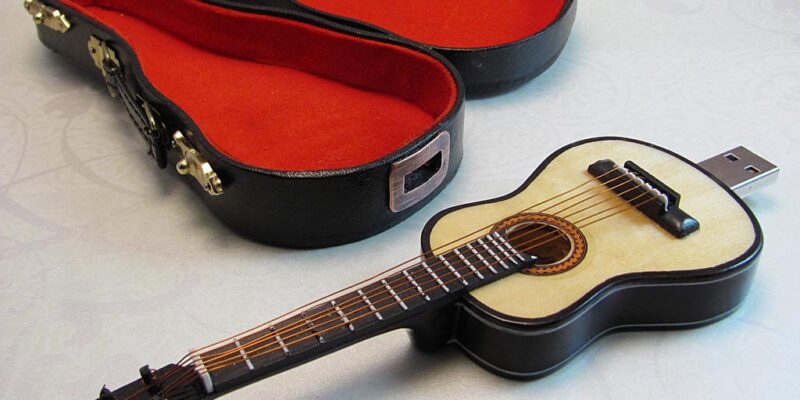
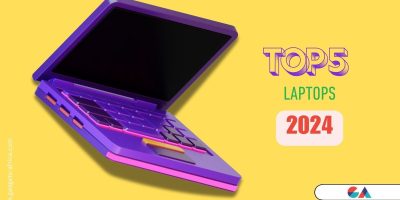



Comments